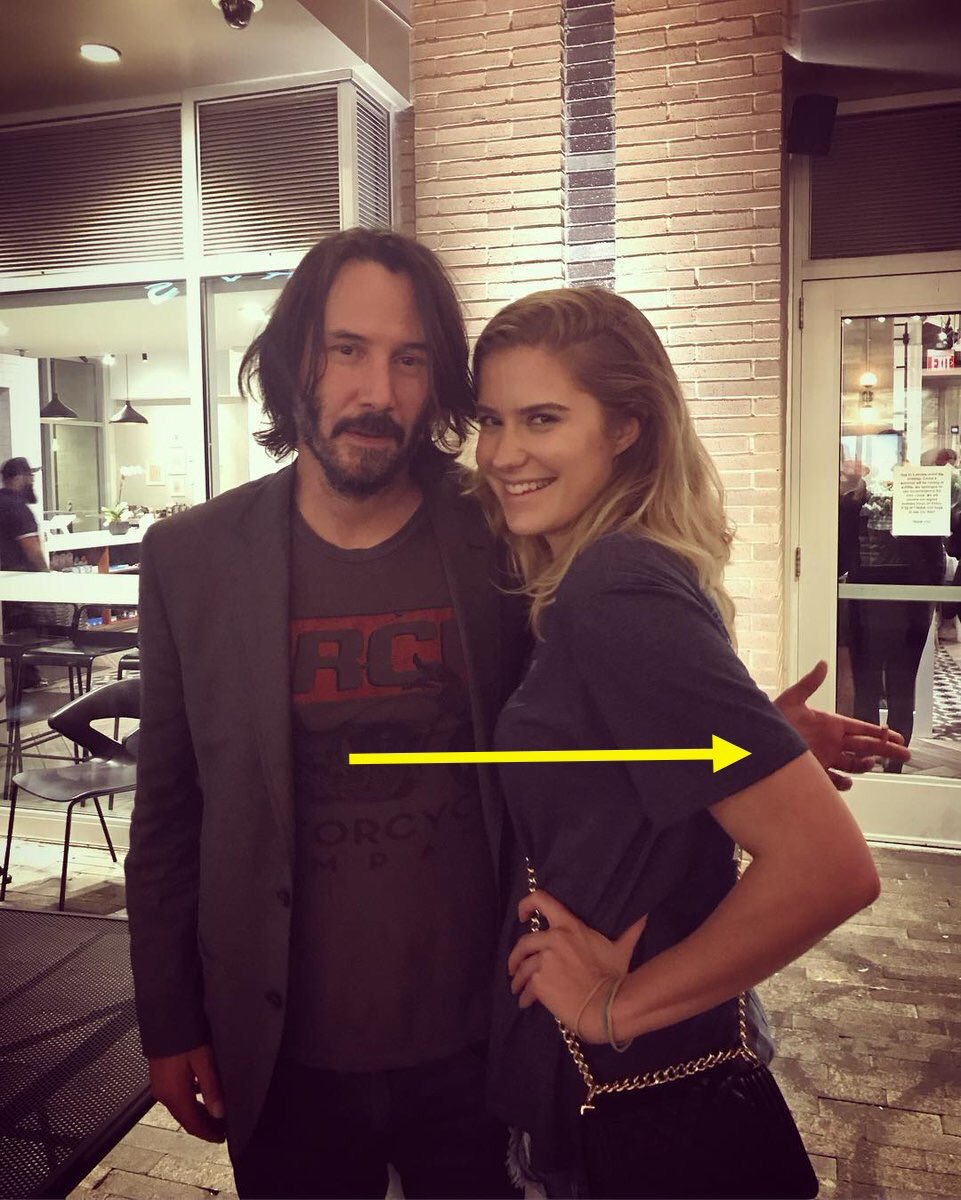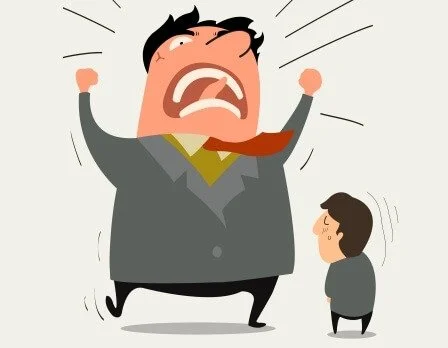The tobacco plant has been disastrous for human beings.
According to the CDC, cigarette smoking is responsible for more than 480,000 deaths per year in the United States, including more than 41,000 deaths resulting from secondhand smoke exposure. This is about one in five deaths annually, or 1,300 deaths every day.
On average, smokers die 10 years earlier than nonsmokers.
In addition to killing millions of people, cigarette smokers are massive polluters of our planet. A recent survey found that 14 percent of smokers don’t consider cigarette butts litter, and an estimated 65 percent of all cigarettes smoked in the US are tossed onto the ground.
But the fact that I find most astounding is that young people still choose to smoke.
Both of my parents were smokers, but they began smoking just prior to the Surgeon General’s first warnings about the dangers of cigarette smoking and long before we truly understood the catastrophic nature of smoking.
My mother ultimately quit smoking via a single session of hypnosis, and my father quit following his first heart attack.
But I understand why they chose to smoke. When they began smoking, more than half of all Americans were smokers, and smoking was still permitted in theaters, airplanes, malls, restaurants, and most public places.
But why do teenagers begin smoking today?
Only about 15% of teenagers smoke today, so choosing to smoke immediately reduces a teen’s possible social circle, and even more important, smoking significantly reduces the number of people who are willing to date you. You can’t smoke in public places anymore, so teenage smokers are forced to linger outside buildings, hang out in parking lots, and go to parks to smoke.
As a result, they become physically isolated from significant portions of society.
If you smoke, you smell like smoke, even when you aren’t smoking. Your teeth turn yellow. Your fingers turn yellow. You personal space becomes littered with the detritus of smoking.
Smoking is also exceptionally expensive. The cost of cigarettes rises by more than 5% every year as a result of a combination of federal, state, and local taxes and a decreased demand for the product.
Smoking is also addictive, and teens are repeatedly told this, too. Once you start, stopping will be damn near impossible. Nicotine is one of the most addictive substances on the planet. If you start smoking, you’ve essentially chosen to marry the cigarette.
Why any teenager would be begin smoking today is beyond me.
And yes, I understand - all too well - that teenagers like to rebel against authority. And yes, I understand that a teenager’s brain is not fully developed. And yes, I understand the experimental nature of teenagers.
I was once a teenager. I remember my own stupidity quite well.
I’m also aware of the rise of the e-cigarette, which I’m not addressing here but also serves to make smoking traditional cigarettes seem even more ridiculous. I’m not supporting the use of e-cigarettes in any way, but if you’re going to be stupid enough to begin smoking, why not at least choose the platform that eliminates many of the negative aspects of placing a burning bit of paper and tobacco in your mouth?
You could’ve smoked e-cigarettes, but you chose Marlboro Reds instead?
Also, given what we know about smoking and the many societal and financial restrictions that smoking can impose upon a person, aren’t there much better ways of rebelling?
I’d make a list of better ways to rebel, but as a school teacher, I feel like posting a list like that might not be wise. But it would be a great list.
An amazing list.
But no. Not wise.
But neither is choosing to smoke as a teenager. It’s so incredibly stupid.
I really don’t get it.

























